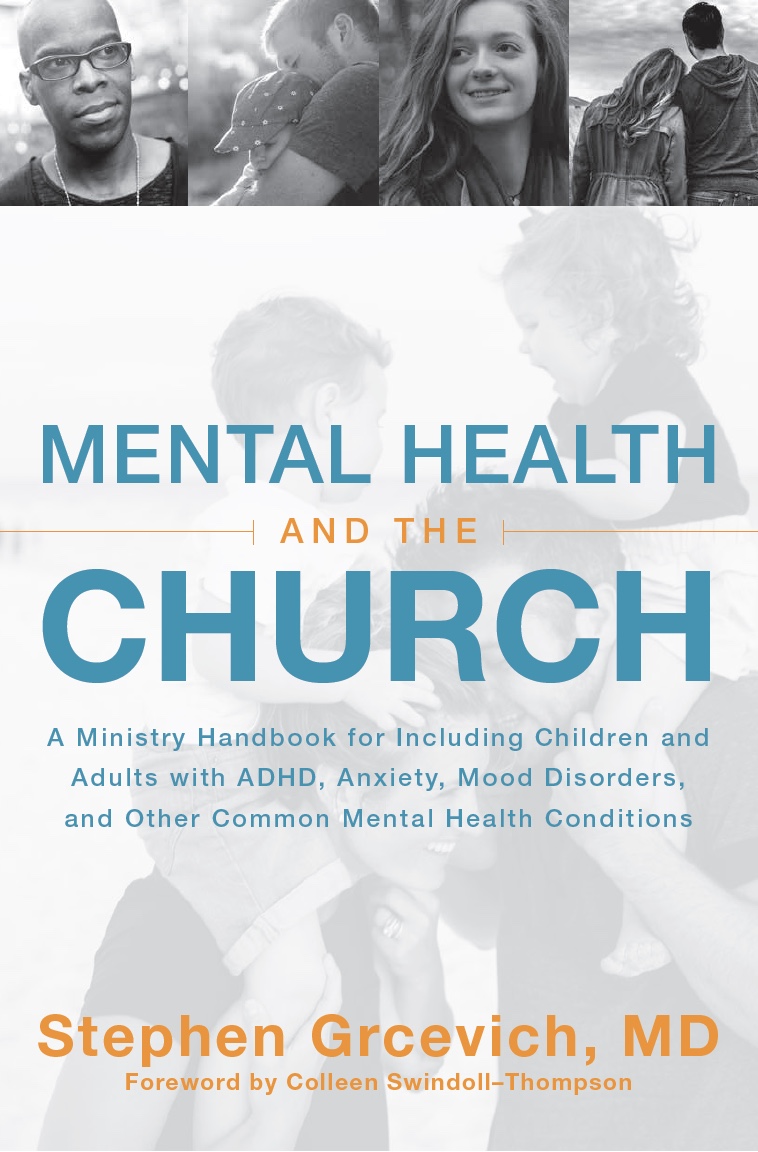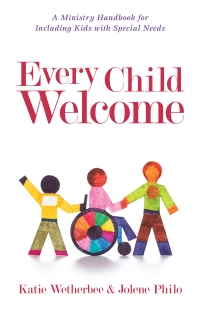 From the very beginning of Key Ministry, we’ve never had any theological “litmus test” churches had to pass before we would serve them. We’ve sought to come alongside all Christian churches. We’ve historically had Board members representing churches from a number of Christian traditions (churches attended by current Board members include Evangelical Presbyterian, Baptist, Roman Catholic and non-demoninational), and we have more than enough work to do fulfilling our primary mission.
From the very beginning of Key Ministry, we’ve never had any theological “litmus test” churches had to pass before we would serve them. We’ve sought to come alongside all Christian churches. We’ve historically had Board members representing churches from a number of Christian traditions (churches attended by current Board members include Evangelical Presbyterian, Baptist, Roman Catholic and non-demoninational), and we have more than enough work to do fulfilling our primary mission.
The church from which our ministry was launched and the church I’ve attended for much of my adult life (until seeking dismissal from the PC-USA seven years ago) would fairly be described as “traditional” in its beliefs in the midst of a denomination that was becoming progressively more “liberal” in theology and its’ approach to social issues. From my perspective, one reason our church stayed in the denomination as long as it did was the importance leadership placed upon continuing relationships with congregations we disagreed with theologically in the hope we could continue to maintain some influence with them…and influence is generally impossible without relationship.
 We’ve held trainings in lots of different churches with very different theological perspectives than those held by a majority of our Board members (or my home church) and we’ve always been welcomed warmly. We had a great event at a church where the senior pastor at the time was openly critical of one of our Board members on his blog. Enthusiasm for the cause of helping kids and families connect with the church has (up to now) been enough to overcome differences in theology or teaching.
We’ve held trainings in lots of different churches with very different theological perspectives than those held by a majority of our Board members (or my home church) and we’ve always been welcomed warmly. We had a great event at a church where the senior pastor at the time was openly critical of one of our Board members on his blog. Enthusiasm for the cause of helping kids and families connect with the church has (up to now) been enough to overcome differences in theology or teaching.
I’m concerned that the divisiveness we’ve seen over issues including the authority of the Bible, standards of personal conduct for church leaders and endorsement of same-sex marriage will very soon make it impossible for disability ministry leaders on one side of the divide to serve churches on the other side of the divide. Here’s a message that a disability ministry colleague shared with me last Friday…
What’s the church? I’m working with a United Church of Christ congreation on some disability issues. I think the denomination is pretty liberal across the board. They “get” disability ministry and one of the only ones open to my message. I know they are cheering today. What will happen to them? How do I as their brother in Christ work with them? I see fruits, but I also see judgments.
I’m hopeful of the best, bur preparing for the worst. Clearly, the fault lines have been emerging over the last five-plus years. Key Ministry’s volunteer accountant attends an Anglican church that conducts business and some worship services out of the church my family attends after they were evicted from their building by their previous denomination. The cause of the eviction as described by the local paper was “disputes regarding interpretation of the Bible and certain basic tenets, including details of Jesus’ resurrection.” The increasingly frequent news stories about denominations and churches ending up in court over property matters and demands for payment from churches seeking to be released from their denominations are a tragedy and a distraction from the work that desperately needs to be done in the culture. At the same time, the “liberal” pastor I made reference to above was very clearly hurt by the perception he was seen as a “heretic” by conservatives within his denomination.
I did a run on the data we at Key collect online when churches contact us for consultation. Here’s what we found in terms of the makeup of the churches that contacted us online in the last 2+ years…
I went through our consultation requests since the beginning of 2015…We’ve averaged a little over six requests/month this year and we’ve received one from a “mainline” church this year…and that request came from a volunteer as opposed to a church staff member.
It’s sad (unlike the experience of my ministry colleague) that we’ve received so few requests from churches on the liberal end of the theological spectrum. At the same time, we may have missed out on a major opportunity to expand the impact of our ministry because of having sponsored a blog that featured a few guest posts authored by a leader from a church with a theological perspective incompatible with the “conservative” organization that approached us.
If there’s anything that church leaders adhering to reformed/traditional theology and those with more “progressive” views ought to be able to agree upon is the importance of sharing the love of Christ with kids and families impacted by disability who are currently excluded from local congregations of ANY Christian tradition. But in response to the point raised by my colleague, have we reached the point where the distrust in the church for ministries and ministry leaders who routinely serve the “other side” is such that we in disability ministry will be forced to choose one side of the theological chasm or the other at the risk of losing the opportunity to minister altogether?
Photo courtesy of United Church of Christ General Synod.
***********************************************************************************************************
 Key Ministry is pleased to make available our FREE consultation service to pastors, church leaders and ministry volunteers. Got questions about launching a ministry that you can’t answer…here we are! Have a kid you’re struggling to serve? Contact us! Want to kick around a problem with someone who’s “been there and done that?” Click here to submit a request!
Key Ministry is pleased to make available our FREE consultation service to pastors, church leaders and ministry volunteers. Got questions about launching a ministry that you can’t answer…here we are! Have a kid you’re struggling to serve? Contact us! Want to kick around a problem with someone who’s “been there and done that?” Click here to submit a request!






WWJD?
LikeLike